By Andrew Kydd
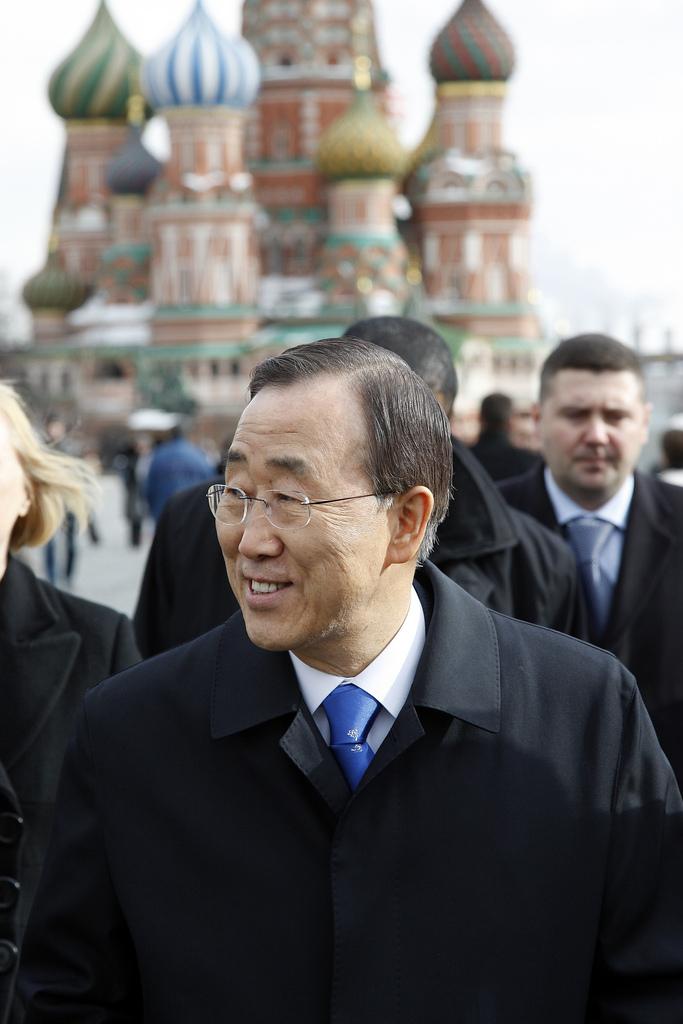
Much has been made of UN Secretary General Ban Ki-moon’s decision to attend the upcoming summit of non-aligned countries in Iran. The Israeli Prime Minister Benjamin Netanyahu has criticized the decision to go, saying the visit will “grant legitimacy to a regime that is the greatest threat to world peace and security.” Leaving aside for the moment whether Iran is the greatest threat to world peace and security, it is interesting to think about whether Ban’s visit grants legitimacy to Iran. Would not going deny the summit legitimacy? Thinking more broadly, does the campaign to impose “diplomatic isolation” on Iran actually hurt Iran in any way or have any prospect of changing its behavior, through any mechanism?
Traditionally, the rational choice answer to this question would be no. Deciding to visit a country is a form of what economists call “cheap talk”, or actions that have no intrinsic cost or benefit for either party. Ban’s visit does not boost Iranian GDP, destroy any missiles, or sabotage any centrifuges. It is purely symbolic. In bargaining contexts such as the Western dispute with Iran over its nuclear ambitions, cheap talk is usually thought to be useless, since the conflict of interest between the two parties prevents truthful communication between them.
Nonetheless, the visit has certainly raised hackles and seems to matter. One rationalist explanation could be that diplomatic visits are signals of orientation, and so provide information about where actors might stand in more costly contexts. In a paper for my models of international relations class last spring Rick Loeza proposed an interesting model of UN resolutions. UN resolutions, like diplomatic visits, are cheap. However, they communicate information about where countries stand that could influence beliefs about what might happen in future enforcement contexts. Not every state that supports a critical resolution will ultimately support costly enforcement. But if some states that would not support enforcement would also veto or vote against the resolution, the fact that the resolution passes conveys information to the target, namely, that their circle of potential friends is smaller than they thought it was, and enforcement is consequently more likely. Not certain, mind you, just more likely. Thus UN resolutions, and by analogy diplomatic visits, help countries tally their potential friends and foes in international disputes and can thereby affect behavior even if they are cheap talk.
Of course, around 120 nations are planning to attend the conference, so Iran’s diplomatic loneliness is not too crushing. However, these are the nonaligned states, so it is not clear that the US — much less Israel — will take any heed of their views in forming their policy on Iran. The big exception is Egypt. Egyptian President Morsi’s decision to attend is particularly salient for reasons the preceding analysis makes clear. Militarily and diplomatically Egypt is a very important state in the region. Its cold peace with Israel and hostility to Iran under Mubarak would indicate that it would be tacitly on Israel’s side in an Israeli-Iranian conflict. Morsi’s decision to go therefore provides new information, jarring to the Israelis and encouraging to the Iranians.

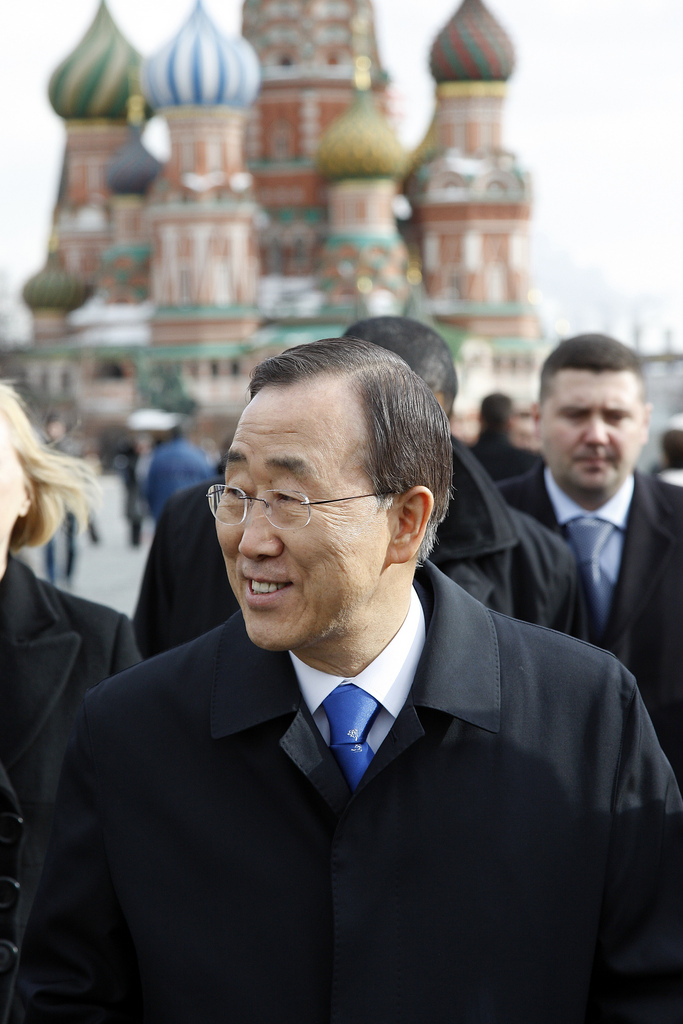

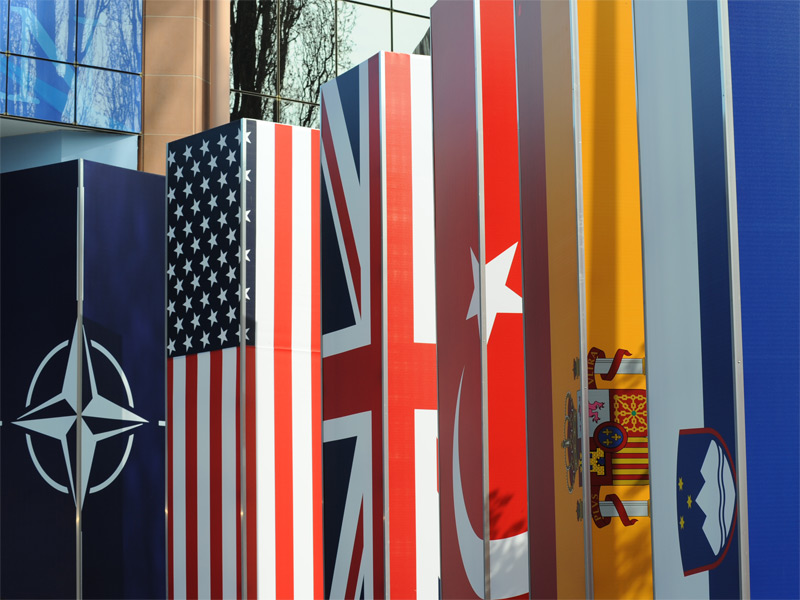
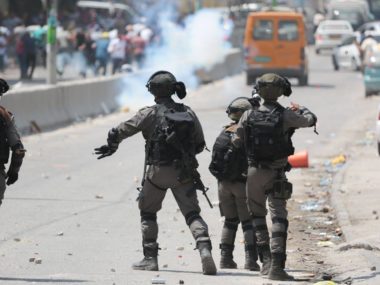

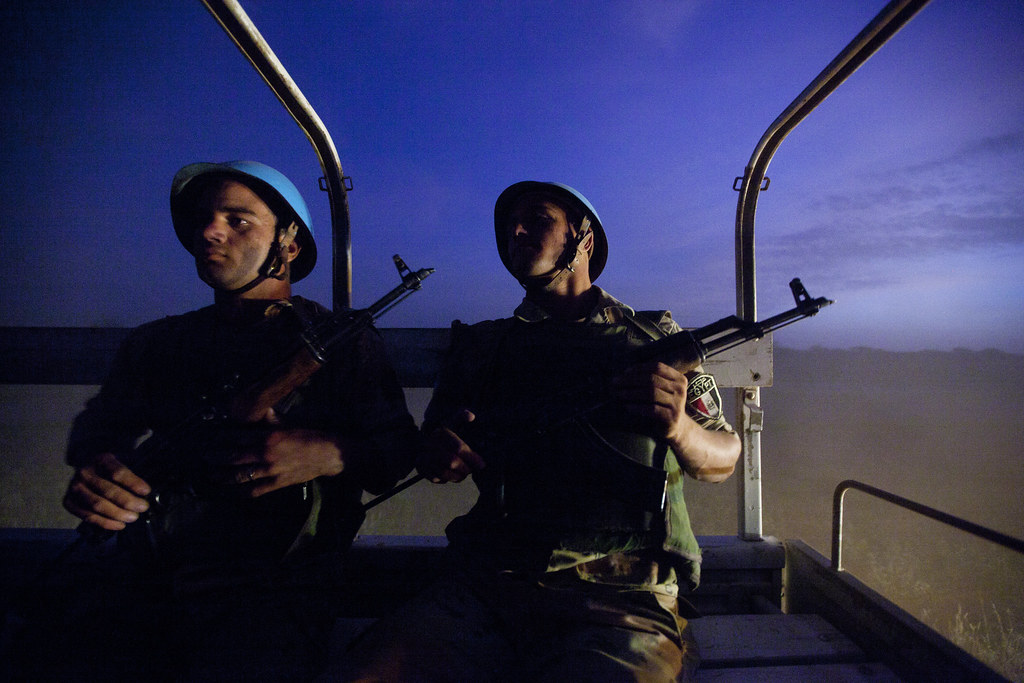
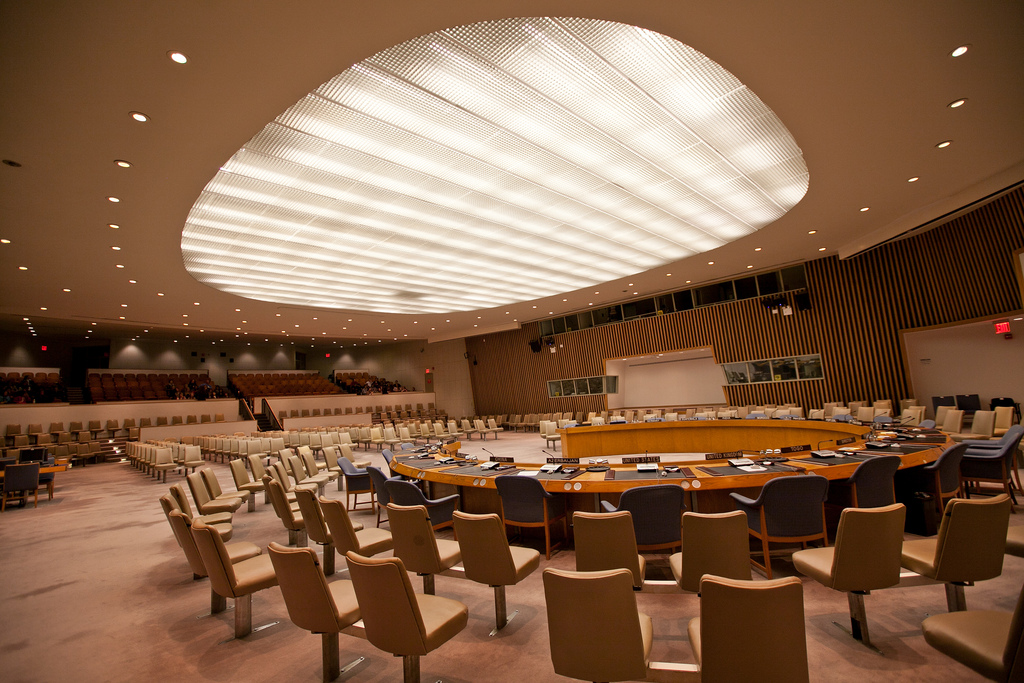
0 comments